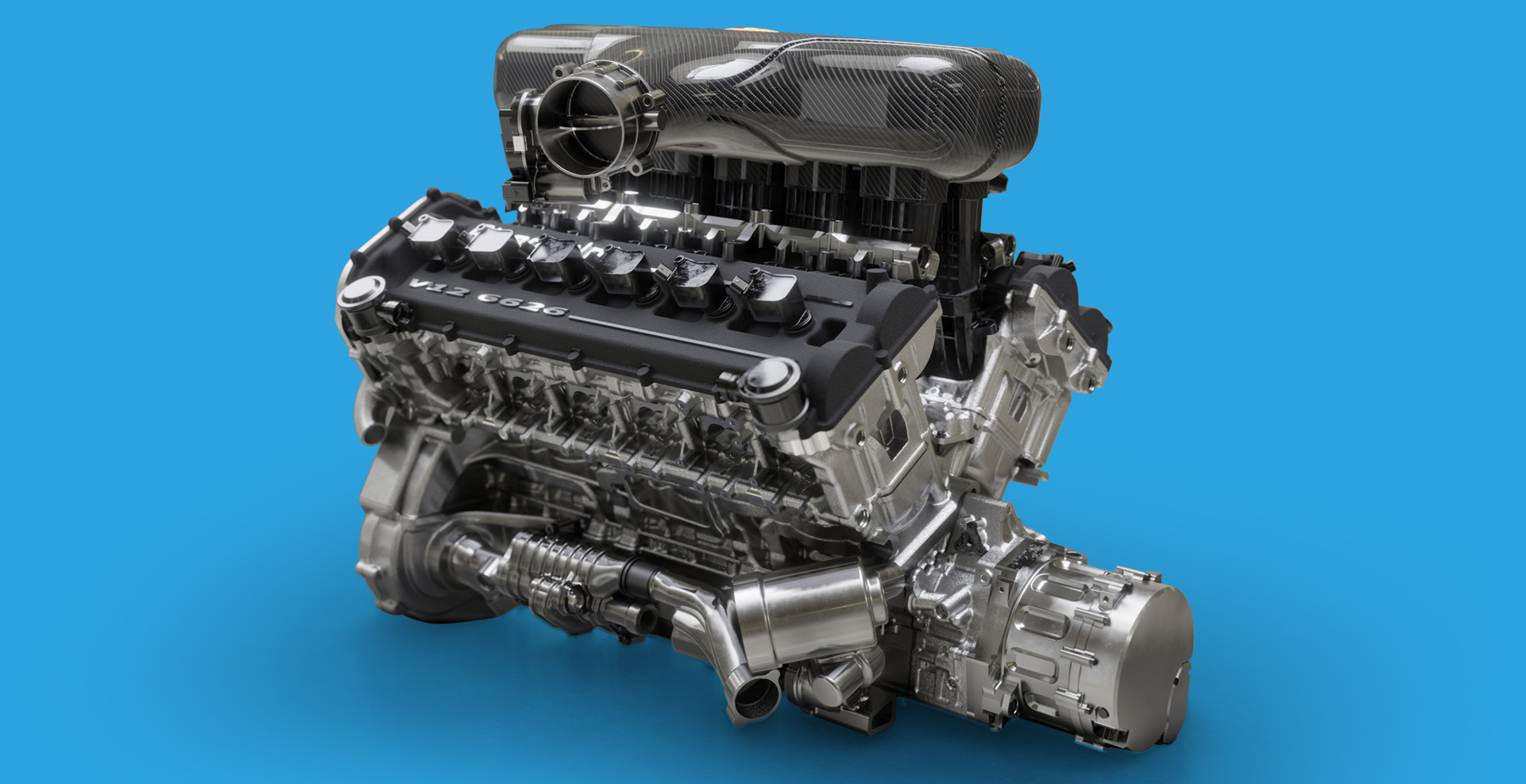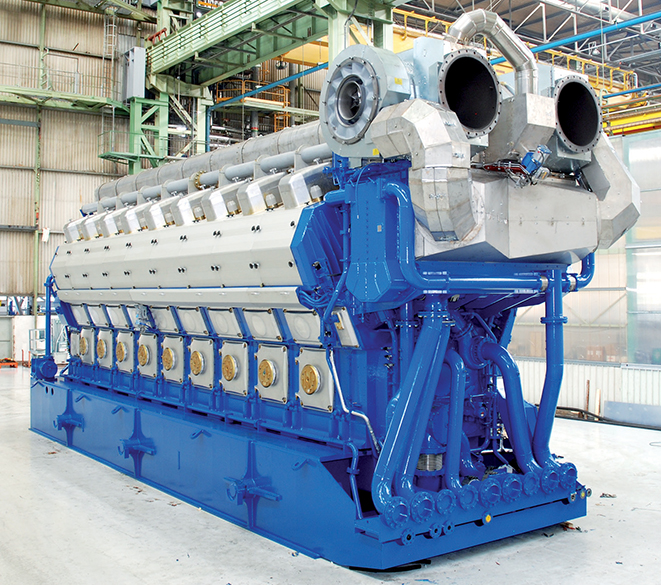Engines For Africa: Leading copyright of Costs Engines
Engines For Africa: Leading copyright of Costs Engines
Blog Article
Check Out a Large Range of Engines for Every Vehicle and Objective
The automotive landscape is increasingly complex, with a diverse range of engine kinds created to fulfill certain performance and effectiveness requirements across numerous automobile groups. Additionally, durable engines serve the demands of work lorries, while eco-friendly choices are acquiring traction in the pursuit of sustainable transportation.
Sorts Of Automotive Engines
Automotive engines can be categorized into numerous distinctive types, each developed to meet specific efficiency and performance demands. The most usual categories consist of internal burning engines, electrical engines, and crossbreed systems.

Electric engines, on the various other hand, operate electric power stored in batteries, offering instantaneous torque and no emissions. These engines are becoming significantly preferred as a result of developments in battery innovation and the expanding emphasis on sustainability.
Crossbreed systems integrate both inner burning and electrical engines, enabling cars to maximize gas efficiency and decrease exhausts by effortlessly changing in between power sources. Each engine type provides its disadvantages and advantages, influencing factors such as car design, intended usage, and market demand. Comprehending these distinctions is important for customers and suppliers alike when selecting the ideal engine for their certain needs.
Performance Engines for Sports Cars
Performance engines for sporting activities cars are specifically crafted to deliver improved speed, power, and dexterity, establishing them apart from basic vehicle engines. These engines frequently utilize innovative innovations such as turbocharging, turbo charging, and variable valve timing to optimize performance and responsiveness.
Usually, performance engines are developed with higher compression proportions, which allow for higher energy extraction from gas. This leads to excellent horse power and torque figures, allowing fast acceleration and greater full throttle. The lightweight materials used in these engines, such as aluminum and carbon fiber, add to minimized total car weight, enhancing handling and ability to move.
Engine arrangements like V6, V8, and also hybrid systems prevail in efficiency sports cars, each offering unique advantages in terms of power shipment and driving characteristics. The adjusting of these engines is likewise critical; many suppliers maximize the engine administration systems to give a thrilling driving experience, commonly consisting of sport settings that adjust throttle reaction and equipment shifts.
Reliable Engines for Daily Commuters
In the world of day-to-day commuting, efficient engines play a vital duty in enhancing gas economy and lessening discharges while providing reputable efficiency. As city populaces expand and environmental problems magnify, the need for vehicles equipped with reliable powertrains has actually surged.
Modern engines made for daily travelers frequently integrate innovations such as turbocharging, straight fuel injection, and hybrid systems. Turbocharging boosts engine performance forcibly even more air into the burning chamber, permitting for smaller sized, lighter engines that do not jeopardize power output. Direct gas injection enhances fuel atomization, causing far better combustion and enhanced performance.
Crossbreed engines, combining inner combustion with electric power, further boost gas economy, specifically in stop-and-go traffic, where traditional engines can experience from ineffectiveness. Electric motors aid throughout acceleration and can run independently at reduced rates, reducing overall gas usage.
Moreover, improvements in engine administration systems and lightweight materials contribute substantially to reliable engine design. By concentrating on efficiency, longevity, and environmental sustainability, suppliers remain helpful site to deliver engines that not just fulfill the demands of everyday commuting yet likewise align with international initiatives to minimize carbon footprints.
Heavy-Duty Engines for Job Autos
Durable engines for work cars are regularly crafted to deliver phenomenal torque and integrity under requiring conditions. These engines are created to carry out in settings where traditional engines may fail, such as building and construction sites, logging procedures, and agricultural setups. The primary focus of durable engines is their capacity to generate high degrees of power while preserving durability over expanded durations of operation.
Usually, durable engines utilize advanced products and durable construction techniques to endure the rigors of hefty workloads. Features such as reinforced cyndrical tube blocks, boosted air conditioning systems, and advanced fuel injection innovations add to their efficiency. These engines usually run at reduced RPMs, which helps to enhance gas performance while supplying the needed power for transporting and hauling.
Along with mechanical robustness, heavy-duty engines are often geared up with innovative digital control units (ECUs) that take care of efficiency, emissions, and diagnostics. This assimilation enables much better monitoring and upkeep, ensuring that job cars remain operational and efficient.
Eventually, heavy-duty engines are a crucial part in the performance of various industries, providing the essential power and dependability to take on the most difficult of tasks.
Eco-Friendly Engine Options
The expanding focus on sustainability has resulted in the growth of environmentally friendly engine options that prioritize lowered emissions and boosted fuel efficiency. These engines are made to decrease the ecological influence of vehicles while still supplying the efficiency and dependability expected by customers.
Amongst one of the most notable green choices are hybrid and electrical engines. Crossbreed engines integrate conventional internal combustion engines with electrical propulsion, enabling lowered gas intake and reduced greenhouse gas emissions. Electric engines, on the other hand, run totally on battery power, producing absolutely no tailpipe exhausts and adding to cleaner air quality.
An additional appealing development is the innovation of biofuel engines, which utilize renewable resources, such as plant materials, to power cars (Engines For Africa). By using biofuels, these engines can decrease dependence on nonrenewable fuel sources and lower overall carbon footprints

As the automobile sector develops, green engine alternatives will play a critical duty in driving the transition in the direction of even more lasting transport remedies.
Final Thought
The vehicle market offers a varied array of engines designed to fulfill different vehicle requirements and purposes. From high-performance engines that boost sporting activities car capabilities to efficient models focusing on fuel economic situation for daily travelers, each type serves a specific feature. Durable engines deal with robust job lorries, while green choices, such as electrical and biofuel engines, advertise lasting transport. This thorough range guarantees that all driving requirements are addressed, adding to advancements in auto innovation and ecological stewardship.

Report this page